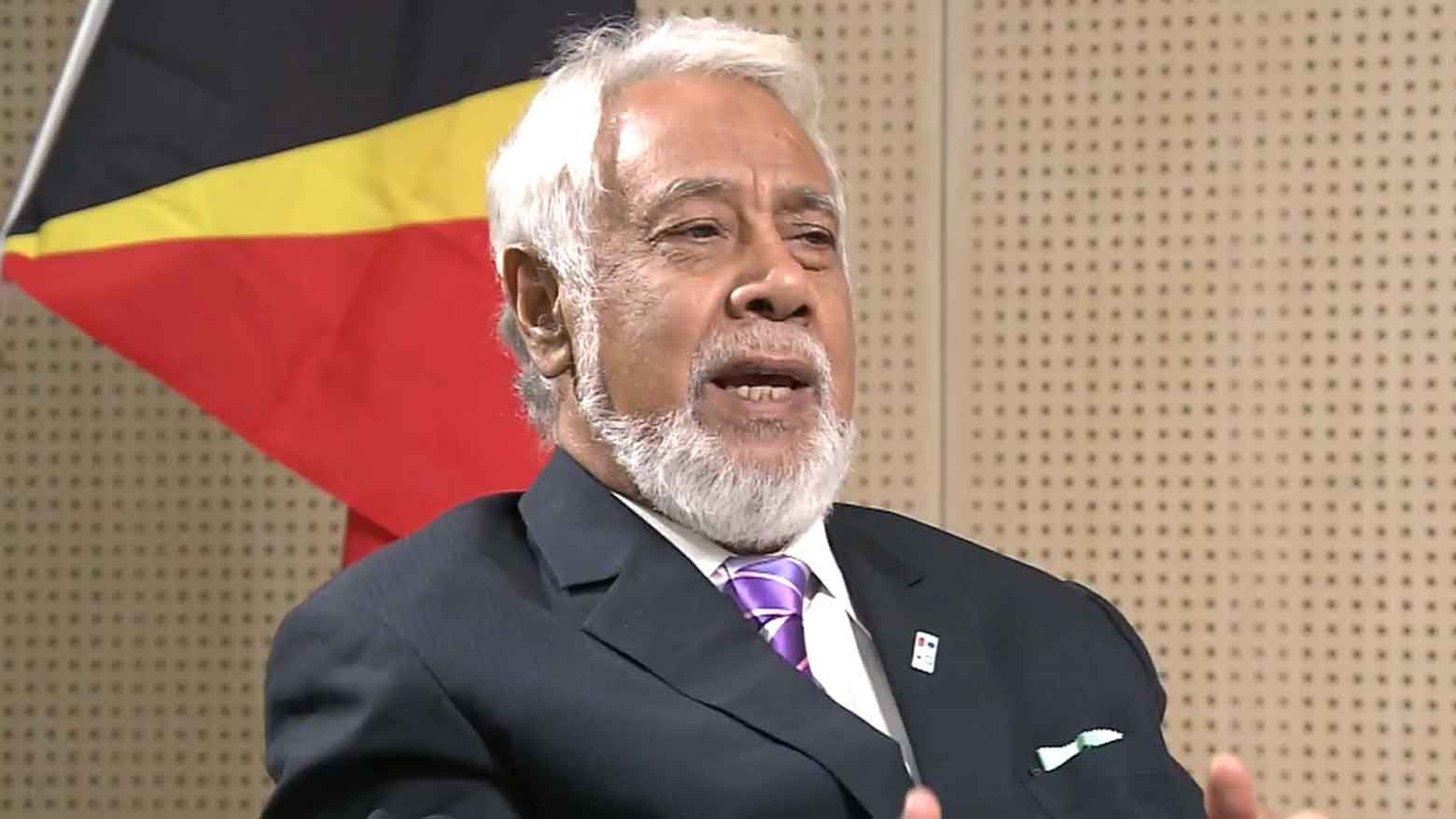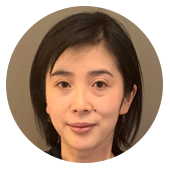Xanana Gusmao, 75, spent more than two decades fighting for Timor-Leste’s freedom from Indonesia’s control and became the country’s first post- independence president. He was still at the helm in 2006, when a military dispute sparked nationwide unrest and violence that lasted for three years.
Gusmao’s views on conflict- resolution proved instrumental in bringing peace to the country.
The following interview has been edited for brevity and clarity.
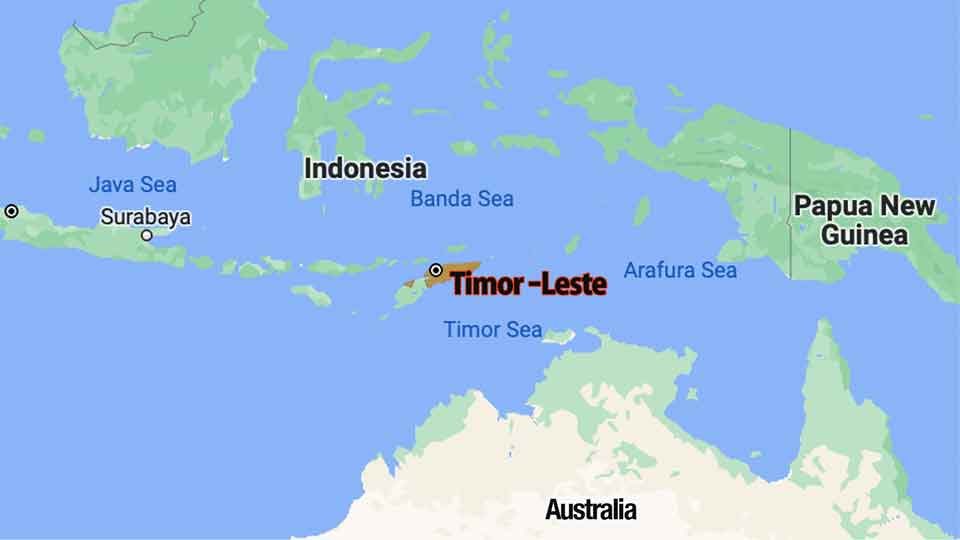
You fought for independence for 24 years. What motivated you to keep going for so long?
Our ancestors' will. For 500 years, we were under Portuguese domination. But our people did not sleep. They fought many rebellions. Not accepting the domination of foreigners. It was what moved us.
How would you evaluate your country's progress since becoming independent?
We just became independent in 2002. Next May will be 20 years. You have to understand that we fought for 24 years, but we didn't prepare ourselves to be ready for the independence stage. With inexperience, we started. Then in 2006 it was a cycle of crisis until 2009. We solved it. No more conflict.
What is the biggest achievement in the past 20 years?
After two, three, four years of internal conflict, when we kill each other, we burn houses, we got thousands of internally displaced people, we were divided as a country. The best thing that we achieve now is that we are united. We don't have any more conflict. We don't fight each other. This is what we can say that we are proud of.
Do you think your people are happy now?
Happy and not happy. Happy because we are independent, but our people understand very well that independence doesn't mean heaven. A flag doesn't mean having a constitution, a president, a parliament, a government. We cannot do miracles and do everything in one year, two years. But we feel we (can) participate in this process of building the country.
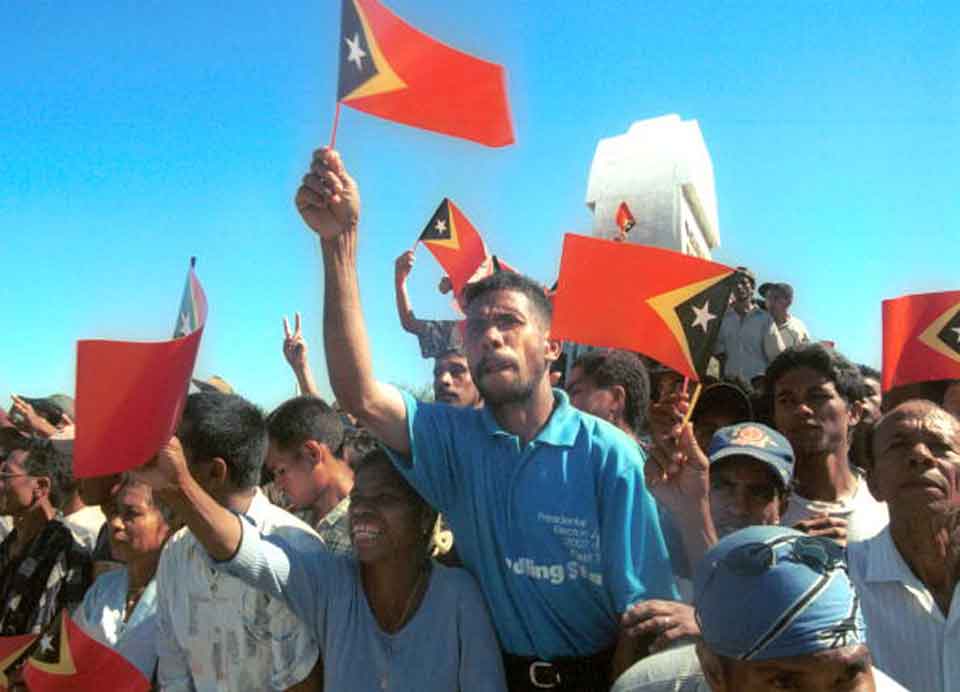
As a former guerrilla commander, do you think Timor-Leste today has become the idealistic state you once dreamed of?
One thing is to dream. Another is to put into practice your dream. We learn from Western countries, there are many, many kinds of political parties from the right to the center to the left. It is because they are already well- established. We don't have that yet.
But you’ve held several peaceful elections. How would you evaluate the democracy that you have in your country?
Sometimes, in other countries ... tensions can turn into conflict. And because we have the experience of those 24 years, and this experience during independence, of cyclical violence, we said, no. The time will come. If we all believe in democratic values, people will make the right choice and we can establish [our nation].
Over 40 percent of the population is still living below the poverty line. Why is that proving such a difficult problem to solve?
Japan was not built in 10, 20 years. Europe was not built in 10, 20 years. Yes, 40 percent of our people are poor. We cannot, like a miracle, say, ‘No more!’ We reduce. Fifty percent, 20 percent, 10 percent, until we get all the people. I have a vision with my party, but because we are the opposition, we cannot [carry out that vision]. Democracy is democracy. Other parties were elected, okay. Now we are waiting.
Another problem for Timor-Leste is that 90 percent of your revenue comes from natural resources, like oil and gas. Why haven’t you been able to develop new industries?
We're not good, but we are not so bad. We were independent in 2002. Some countries were independent in ’62, ’74, ’70s, ’50s. They are worse than us. What you said is true. But in a new country, to start developing, you must have basic infrastructure. Basic infrastructure means electricity, roads, water, telecommunications. You cannot do everything at once. Step by step.
So are you saying it’s just a matter of time?
Our plan started in 2011. In 2011, we approved it, 2012 we started. That’s nine years. We had a 20- year plan. Now, don't ask me to make miracles.
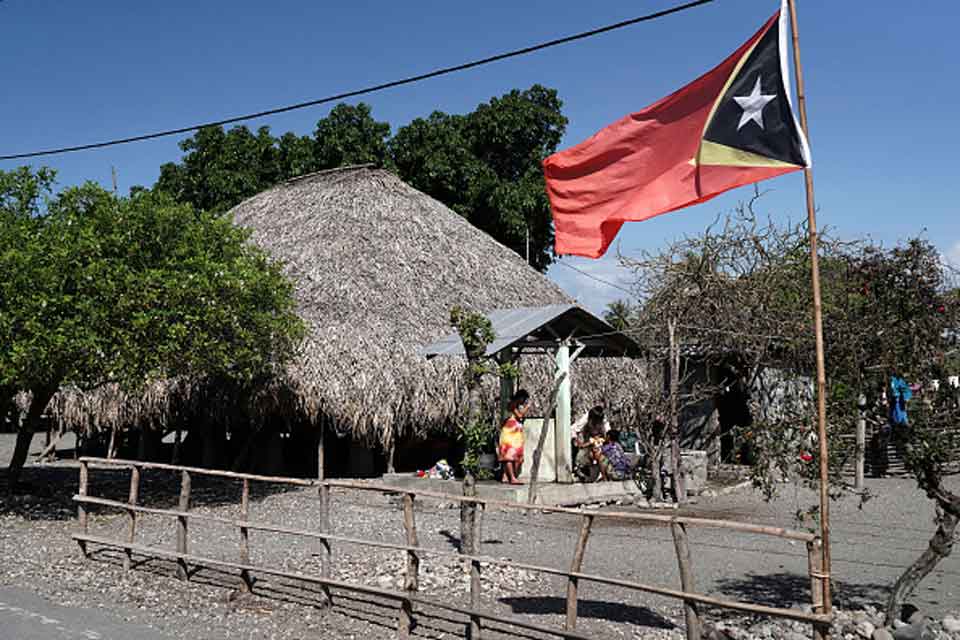
Let’s talk about the help and investment you get from abroad. How do you rate Japan's support?
Very, very much. Very good friends. Very honest. We think very much there’s solidarity.
I must ask, how about the support you get from China?
I'm not here to compare countries. We receive help, sometimes from here, sometimes from there.
But do you think Timor-Leste should develop a relationship with China?
Our policy is: No allies, no enemies, all friends.
Do you think that’s achievable?
Yes. It is not a principle. It is our policy. No allies, no enemies, all friends. If we are big like Australia, yes, I have allies. Or like Indonesia. Yes. But we are so small. We are in the beginning of our development. Why [would] you choose to have this ally and that enemy?
But an ally could offer safety.
For what? We have more problems in our country than to be ally of this [country] to fight that [country]. Forty percent of our people live in poverty, in misery, no food, no shelter. That is why if somebody wants to [help], yes, please. No allies, no enemies, everybody friends.
US President Joe Biden has proposed a Build Back Better World. He says it’s a partnership with countries that share democratic values.
It is far away from us. I believe they will use this to build infrastructure in Afghanistan.
So are you not interested?
We don't have money to pay it back.
Do you think they want you to pay it back?
I don't know. But first reaction is, I will not have money to pay back. If you know that you don't have money to pay back, don’t ask. I hope that with so many trillions, they can build infrastructure in Afghanistan.
Biden said it's for countries that share democratic values, so I thought it could apply…
There are so many, every year, promising us, “Yeah, you can get millions, la la la.’ We never got [anything], because of ‘democracy and human rights.’ I went to the Bali Democracy Forum and denounced it. I said, ‘Don't trust them. They promised millions and millions and they never give.” Because when we need, we ask, [and they say] “Oh, human rights. Oh, democracy.”
Many countries around the world are struggling to figure out how to position themselves between the US and China, which are increasingly at odds.
As an LDC, a Least Developed Country, we need everybody. That’s why for me it is not a difficult question. We had problems with Indonesia. We made the reconciliation. We are friends. We had problems with Australia. We solved it. Now we are friends.
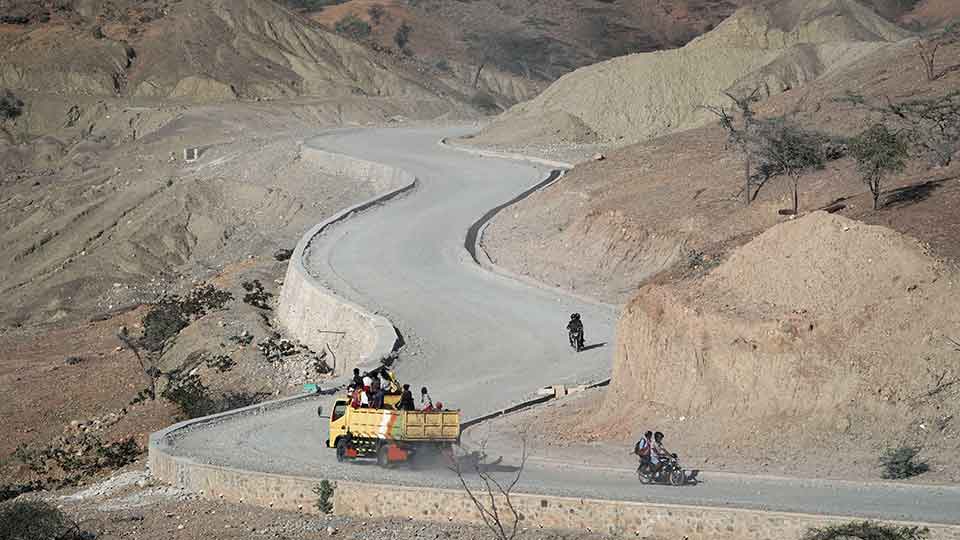
Let’s move on to Indonesia. How is that relationship?
Very good. We are good friends. We have Timorese there studying, working. We have also Indonesians. Very good relationship.
But you fought for so many years. How was it possible to repair those ties?
We learn from many countries. From Israel and Palestine, from many, many, many countries. And we decided the past is the past. Now we have to work for the future. That is why the reconciliation process was very important to us. Because in many, many countries after a war there still are tensions, there are still accusations.
Changing the topic, climate change is hurting Timor-Leste. You had a deadly cyclone and torrential rain in April. How should other nations help?
You can ask the meteorologists. We don't produce any emissions to provoke this. We receive the consequences of the emissions produced by countries like Australia, Indonesia, etc. because we are underdeveloped. That is why we appeal and appeal and appeal, but our voice is so small that nobody listens.
The countries that pollute the planet, creating problems for these small islands, they have to compensate. And many countries said, Oh, blah blah blah, they don’t like it. What can I say? The UN, other organizations, big organizations, can start doing the right job.
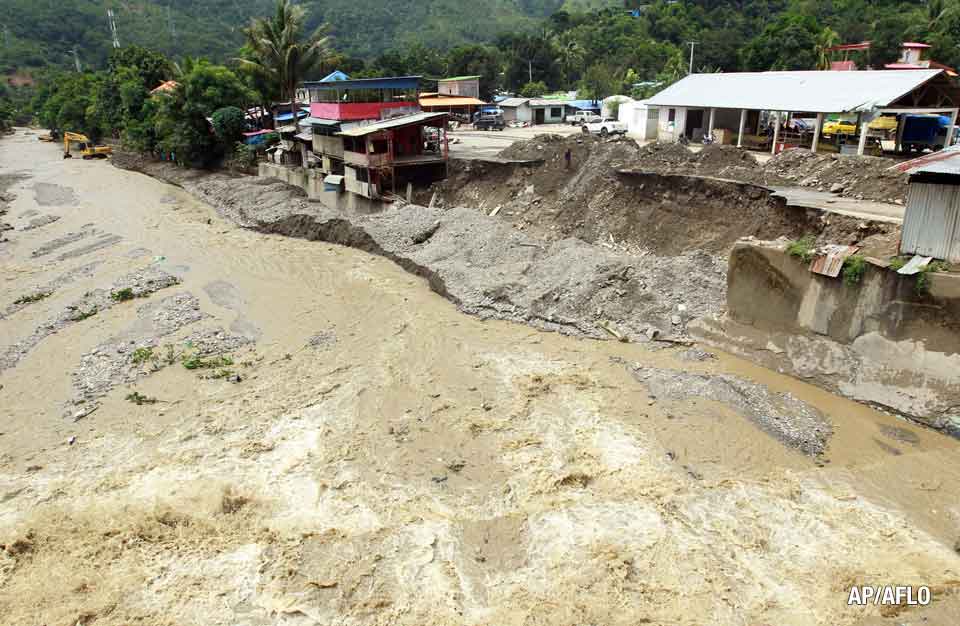
So what future do you see for your country?
I am old enough to get out and say “You, young generation, take your job and develop the country.”
But younger generations in your country don't know the struggles your people went through.
They know. No family was outside of the war. Everybody knows. Because we are a very small country.
